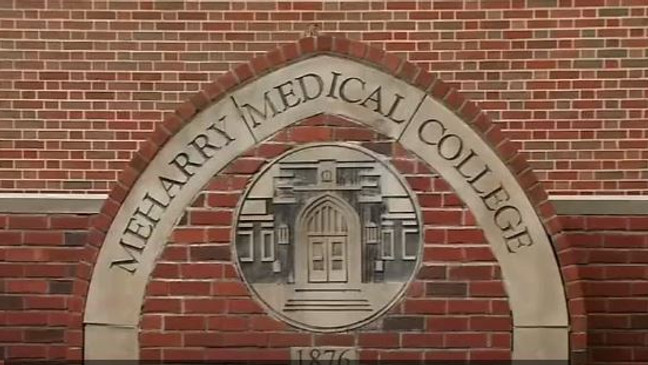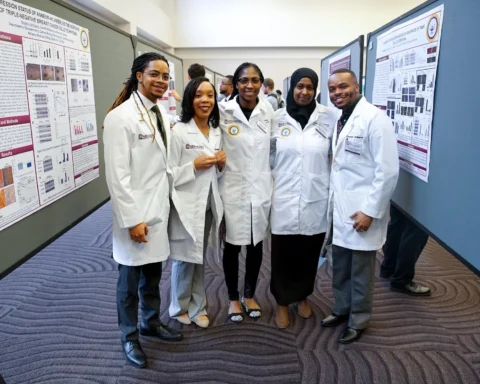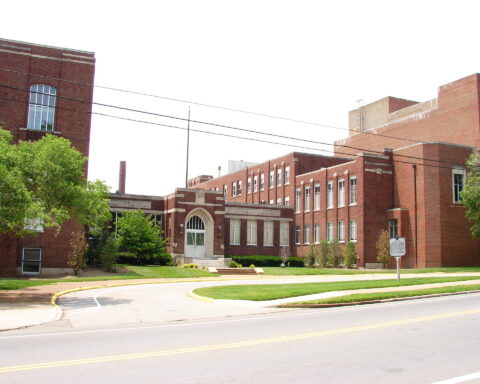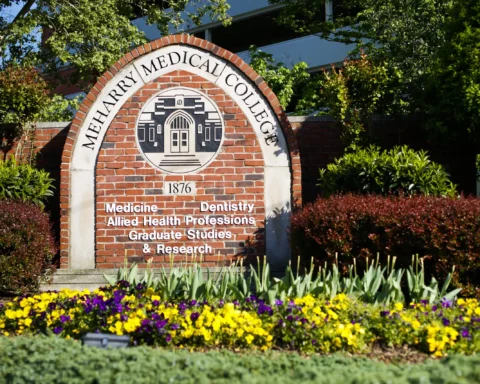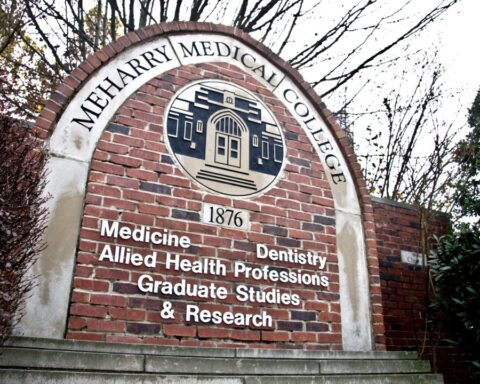Courtesy of Meharry Medical College
The U.S. Department of Health and Human Services (HHS), through the Health Resources and Services Administration (HRSA), has announced that Meharry Medical College was among 20 winners of the “Promoting Pediatric Primary Prevention (P4) Challenge,” a nationwide competition to increase pediatric vaccination rates and well-child visits.
Final winners, announced Monday, February 14, 2022, represent the diversity of the country and include mobile vaccination projects, Head Start partnerships, primary care texting strategies and targeted support for children supported by resource families. Challenge projects generated more than 52,000 pediatric well-child visits and nearly 23,000 immunizations.
“Among the many impacts of the COVID-19 pandemic has been a decline in routine pediatric immunizations and well-child visits, which threatens to undermine the significant progress we’ve made in children’s health,” said HRSA Administrator Carole Johnson. “Our HRSA challenge initiative focused on generating creative approaches and meaningful results in helping to get children vaccinated, see their provider and stay healthy.”
Dr. Kimberlee Wyche-Etheridge directed Meharry’s winning project, “Clinical Connections,” which focuses on increasing immunizations.
“Being selected as one of the P4 Challenge winners is a great honor and testament to the team spirit of the pediatric department and the shared commitment to the well-being of our population of ‘little humans’,” Dr. Wyche-Etheridge said.
For months, healthy children were not being seen in the Meharry pediatric clinic due to fear of infection and shelter-in-place mandates. Routine care, including immunizations, was delayed. In response, Meharry Pediatrics implemented a two-tiered approach to focus on early periodic screening and immunizations for pediatric patients 0-30 months old.
Meharry Pediatrics partnered with the Nashville Diaper Connection to create an innovative incentive program to encourage families to receive their recommended care and immunizations, by providing diapers and pull-ups to families who traditionally have had to choose between diapers for their baby or other financial needs for the family. The second tier utilized a patient reminder system and smartphone app technology.
The combination of this two-tiered approach, focusing on the two major human motivators—reward and information—has the continued potential to help significantly lower the care gaps and give parents more control over their family’s health, while filling a great economic need, diapers or pull-ups.
Fifty teams received an initial award of $10,000 and six months to develop their proposed concept. HHS announced the 20 teams that received the final $25,000 prize. Winners included health centers, pediatric clinics, children’s hospitals and community organizations. Applications were reviewed by a panel of expert judges and were evaluated based on their approach to increasing well-child visits, increasing vaccinations and reducing disparities among populations.
